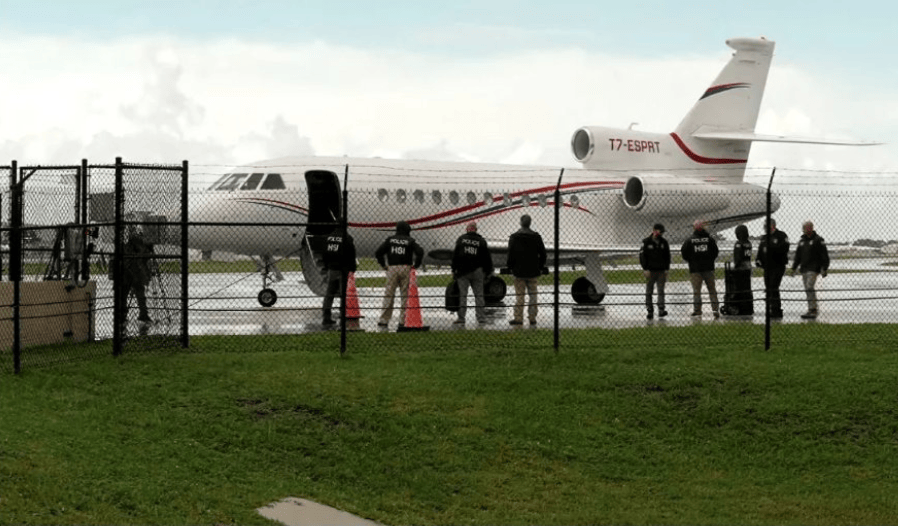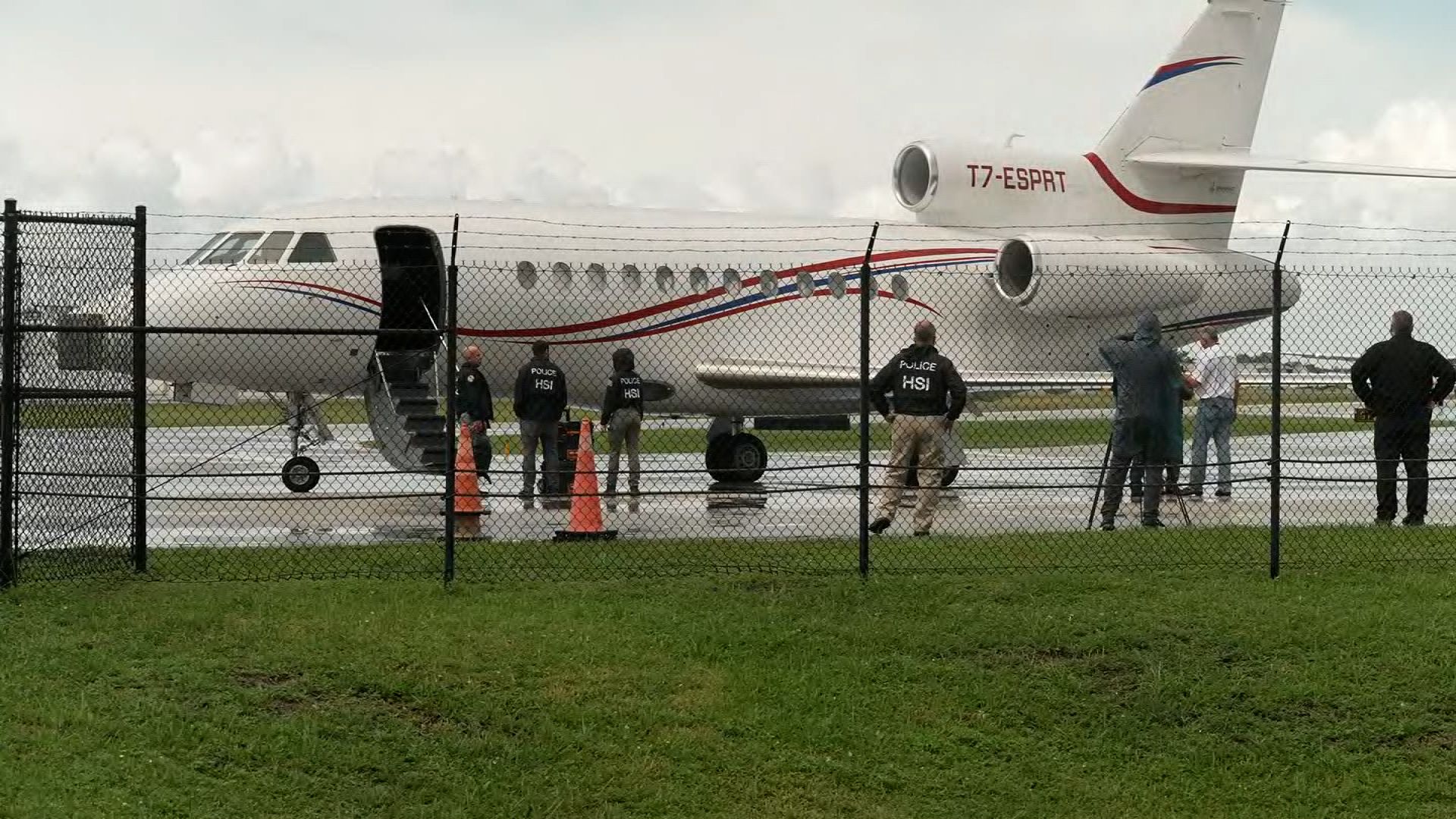
The United States seized the plane used by Venezuelan President Nicolas Maduro after determining that its acquisition violated U.S. sanctions, among other criminal matters, and sent the aircraft to the state of Florida on Monday, according to two U.S. officials.
It is the latest episode in a long-standing frosty relationship between Washington and the South American country, and part of the U.S. government’s ongoing investigations into corrupt practices by the Venezuelan government.
The plane has been described by officials as the Venezuelan equivalent of Air Force One. The seizure of Maduro’s plane, which has been photographed on previous Maduro state visits around the world, deepens investigations into the Venezuelan government.
"This sends a message to the top," one of the US officials told CNN. "Seizing the plane of a foreign head of state is a milestone in criminal matters. We are sending a clear message that no one is above the law, no one is beyond the reach of US sanctions."
For its part, the Venezuelan government called the seizure "illegal." In a statement, it added that it also "reserves the right to take any legal action to repair this damage to the nation."

The situation in Venezuela has had implications for U.S. policy, as millions of people have fled the country, many of them moving toward the U.S.-Mexico border. For years, U.S. officials have sought to disrupt the flow of billions of dollars into the regime’s coffers. Investigations by the Department of Homeland Security, the U.S. government’s second-largest investigative agency, have resulted in the seizure of dozens of luxury vehicles, thoroughbred horses and other assets headed to Venezuela.
The plane, a Dassault Falcon 900EX with an estimated value of $13 million, had been in the Dominican Republic in recent months, and while U.S. officials would not reveal why, an opportunity to seize the aircraft presented itself.
Several federal agencies were involved in the seizure, including, in addition to the Department of Homeland Security, the Department of Commerce, the Bureau of Industry and Security and the Department of Justice. U.S. officials worked closely with the Dominican Republic, which notified Venezuela of the seizure, according to one of the U.S. officials.
The next step, upon reaching the United States, will be to seek the seizure of the aircraft, meaning the Venezuelan government has the opportunity to request it.
The United States recently pressured the Venezuelan government to “immediately” release data by center and voting table on the result of the presidential election, citing concerns about the credibility of the announcement of the victory of its authoritarian leader, Nicolás Maduro.
Earlier this year, the United States reimposed sanctions on Venezuela’s oil and gas sector in response to the Maduro government’s decision to prevent an "inclusive and competitive election" from taking place.
"We see these officials and the Maduro regime basically looting the Venezuelan people for their own benefit," the U.S. official said.
"You have people who can’t even buy a piece of bread and then you have the president of Venezuela traveling on a high-end private jet."
Poor economic conditions, food shortages and limited access to health care have pushed more than 7.7 million people to flee Venezuela, marking the largest displacement in the Western Hemisphere.